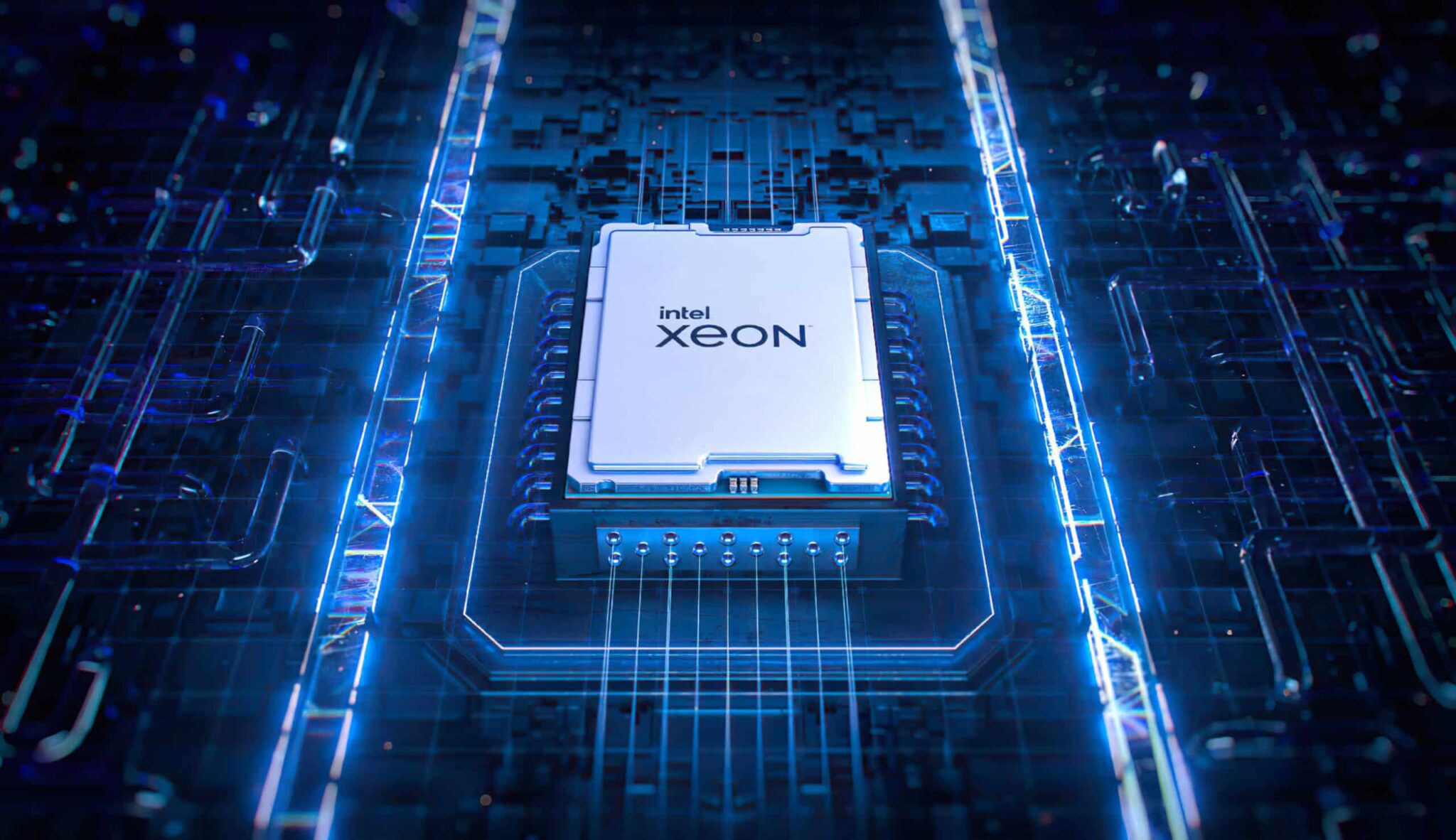Recent benchmarks reveal that a serious security vulnerability named “Downfall” has caused significant performance declines in various Intel CPUs. The “Downfall” vulnerability, affecting older-generation CPUs like Tiger Lake and Ice Lake, exposes hardware registry contents, which could potentially lead to large-scale data thefts.
Mitigation and Its Consequences
To counter this security risk, Intel introduced microcode mitigations which, while necessary for enhancing security, have adversely impacted CPU performance. Benchmarks from Phoronix highlighted a 9% performance drop in Xeon Gold 6226R CPUs in specific scenarios like OpenVKL, while more extensive drops up to 34% were noted in others such as OSPRay 1.2. The mitigation effects vary across different models and workloads, with consumer-focused CPUs like the Core i7-1165G7 also experiencing notable declines.
Details on Performance Impact
Detailed testing by Phoronix revealed that the performance of Intel’s processors, including Xeon Platinum 8380 and Xeon Gold 6226R, suffered notable reductions. The Xeon Platinum 8380 experienced up to a 34% drop in performance in some benchmarks, while the Xeon Gold 6226R saw about a 9% reduction in its capabilities. Consumer-focused CPUs like the Core i7-1165G7 also experienced substantial performance penalties.
Intel’s Response and Recommendations
Intel has provided microcode updates to mitigate the issue, though these have led to reduced processor performance. The company advises against disabling these mitigations due to the risk of data leakage, emphasizing that while the threat to individual consumers might be low, the risk remains significant for corporate environments.
Implications for Users
These performance penalties present a significant dilemma for users and corporations alike: accept reduced computational power or face increased risk of data leakage. This has raised concerns, especially for high-performance computing (HPC) workloads which are more severely affected.
While the performance loss is significant, it is less severe than initially feared, and Intel continues to recommend that users apply these security measures to protect against potential data theft.






























